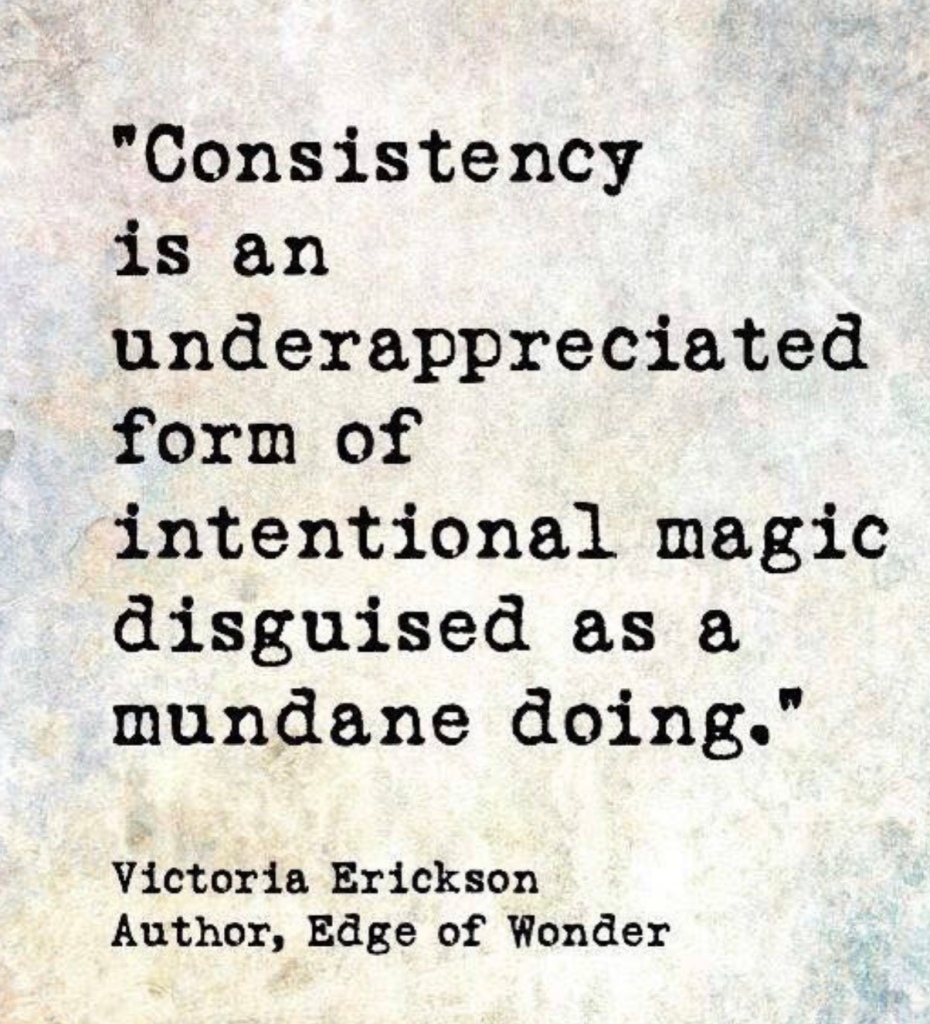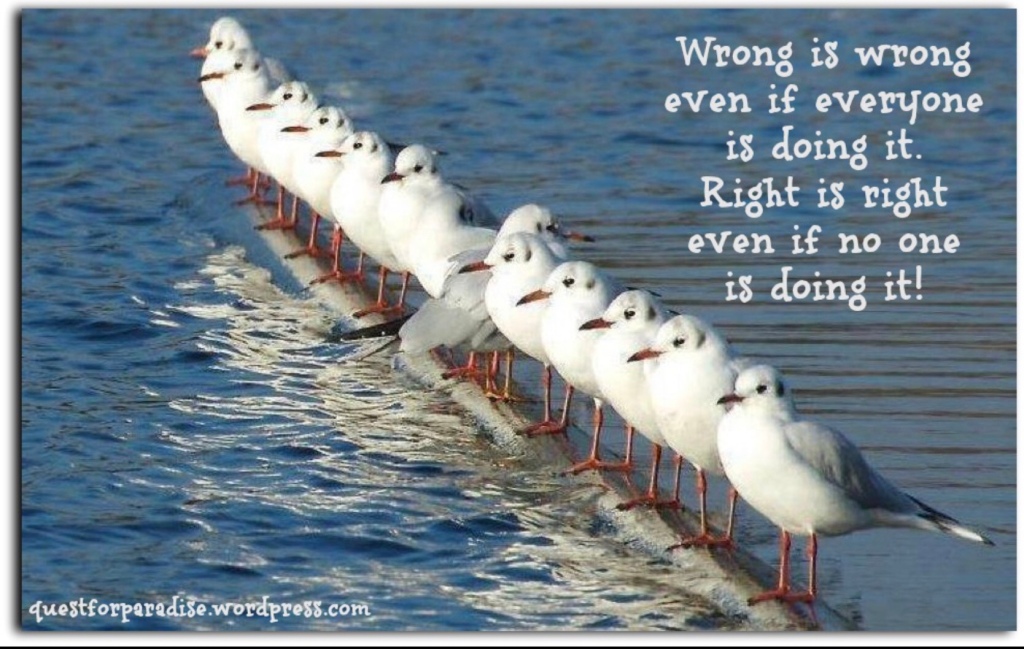
Something you hear at sports events regularly, “yes they are a bad referee but at least they are consistently bad to everyone”
If you have watched any kind of amateur sport you will have heard this statement and mostly people agree that an amateur referee who makes mistakes but is consistent in these to both sides, whilst frustrating, is acceptable. Why? Well because their mistakes and poor decisions are consistent and they can learn and improve.
When it comes to leadership the same “unwritten” rules can also be acceptable, to a degree.
A leader/manager who makes poor leadership decisions but does it consistently is easier to work with and for, than someone who you are constantly second guessing. Consistency is a key element to good leadership. Leading performance with consistency and empathy can produce astounding results.
As leaders and managers we need to avoid creating our own “Orwellian” farm where everyone is equal but some are more equal than others. This can be easily achieved by being consistent and honest. Difficult conversations are by their nature not easy but if you remain consistent then the person in the conversation at least understands that everyone will be treated the same.
Where leadership fails, and fails regularly, is when a consistent approach is contrary to our view of the world. When taking a consistent approach means long standing relationships may be tested, then leaders tend to fall on the side of “well just this once we can bend the rules”. The downside and long term effect of this is the alienation of those who see the inconsistencies.
When teams and individuals see “it’s ok for us but for you it’s this way” then we break down the fundamentals of leadership and management. That is the, trust and honesty we ask for in our teams.
When we look at leadership books and models the underlying principal is consistent leadership, not compromise.
It’s not easy and at times the price is heavy but the juice can be worth the squeeze.
So if you were to look at your own leadership style, what would you see? Is it ruthless consistency? is it occasional consistency? if you deviate is it for the right reasons? Do you consistently do things right or consistently do the right thing?
As always I pose these questions for you to think about your approach and without malice or accusation.
The best lesson we can learn if we are victim to inconsistencies is to look at Socrates. He said justice consists in helping your friends and your enemies. Help your enemies, or in this case the perpetrators of inconsistencies, to become wise then they will cease to be our adversaries. Wisdom is important and leading others towards wisdom is our challenge.
